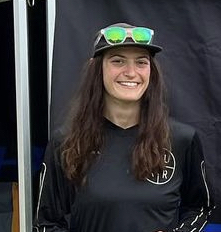As a BMX grom in Chicago in the early eighties, Chris Cocalis’ equipment couldn’t keep up with his aggressive riding and high speeds. Forks, bottom brackets and frames kept on letting him down.
A tinkerer and solution-seeker from a young age, it didn’t take him long before he was figuring out ways to improve what was on the market – something he’s continued to do ever since.
Chris’ first product, a BB, went into production in 1987. By age 17, he’d designed a BMX frame – which didn’t quite go to plan, teaching him that small adjustments make big changes.
He continued to learn and develop his skills, and his first mountain bike frame, an elevated-chainstay hardtail called the Sun Eagle Bicycle Works Talon, was featured in US magazine Mountain Bike Action in an article titled Bikes of the Future – a proud moment.
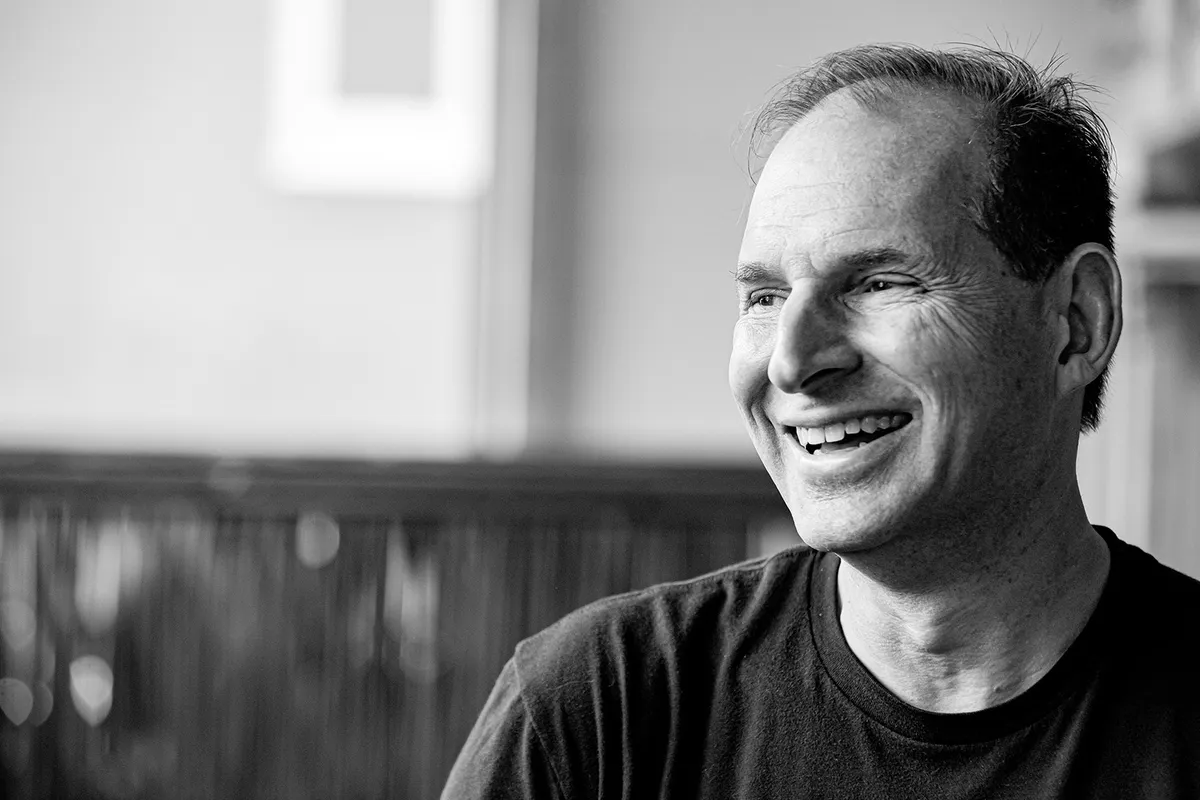
Deciding to turn his passion for bikes, skills as a fabricator and talent for innovation into a full-time job, rather than follow a more traditional career path in accounting (his degree), Chris designed BBs and cranks adopted by the likes of Specialized.
By 1990 he had started his own high-end bike brand, Titus, building frames with geometry inspired by his beloved Fat Chance Yo Eddy.
In 1991, he built one of the first full-suspension mountain bikes, the titanium Titus Racer X, which used Horst Leitner’s then-new but now-ubiquitous ‘Horst-link’ four-bar linkage. Chris would continue to use the design throughout his time with the brand.
Other innovations included the ‘long-travel’ (4in!) 1998 Titus Moto, a forerunner of the modern all-mountain bike, and the Quasi Moto DH frame, with its pass-through shock and inverted fork. Behind the scenes, Chris was also making bikes for the likes of Diamondback, Slingshot and Univega.
Rising from the ashes

Chris ran Titus for 17 years before being bought out by a partner in 2006 – a major change, which he describes as the “best decision out of many shitty decisions”. Titus was later sold to UK-based Planet X, owners of On-One, who continue to use the name for a range of titanium hardtails.
This parting of ways led to the birth of Pivot Cycles in 2007, the new brand’s bikes sporting a phoenix on their head badge to mark this new beginning for Chris and his team.
At Pivot Cycles, Chris has continued his tradition of innovation.
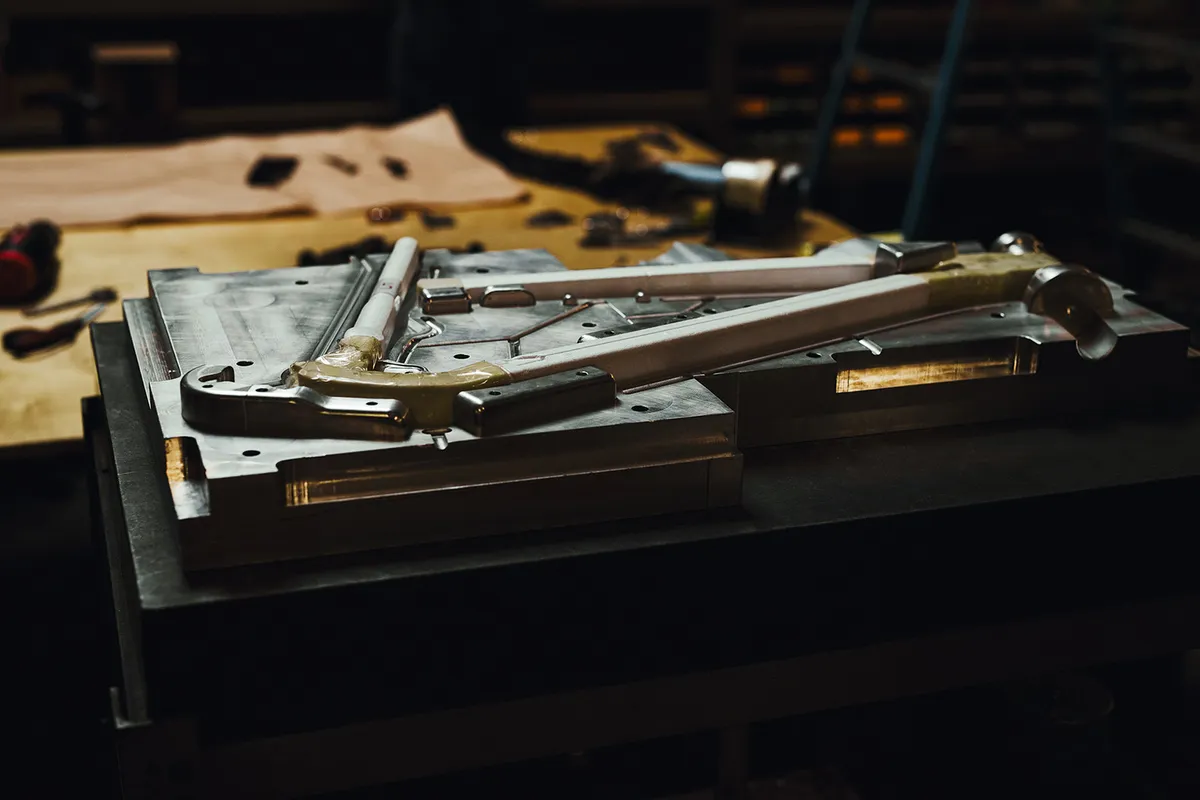
Despite being quick to see the benefits of carbon fibre, he held off making a bike from the material until 2011. That was the point when he felt MTB composite tech could finally be used in the way he wanted, to make a bike that was stiffer, stronger and lighter than any aluminium bike he’d built to date.
The result was the Pivot Mach 5.7 Carbon.
Today, the brand’s bikes are all carbon, except for its steel dirt jump bike, the Point. Chris continues to refine Pivot Cycles’ frame construction, most recently through the use of Hollow Core Carbon Molding. This is a precise way of layering carbon against a core, which prevents defects and imperfections, resulting in a stronger and lighter frame.
He’s also the man behind technologies including the Super Boost Plus standard, which combines a downhill-style 12x157mm rear axle with tweaked brake spacing to allow an even stronger and stiffer wheel setup on trail/enduro bikes than the regular Boost 148mm standard.
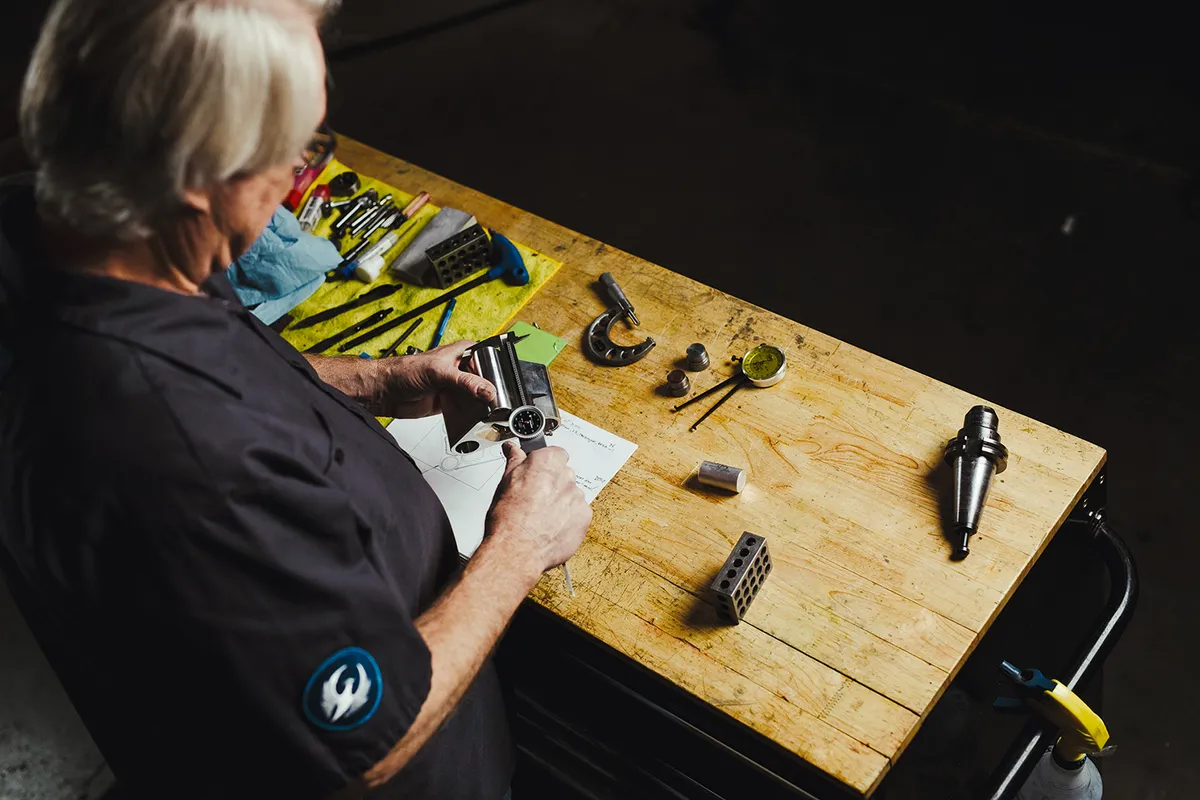
Of course, Pivot Cycles isn’t a one-man enterprise. Since the beginning of the brand, there have been three men who’ve shared Chris’s vision and desire to build innovative, detail-orientated bikes – Bill Kibler (head of R&D), Kevin Tisue (head of engineering) and Dave Weagle (suspension designer).
Bill and Kevin have been with Chris since the Titus days, and their skills, passion and drive to keep creating have led to where Pivot Cycles is today.
Dave, meanwhile, is the brains behind Pivot’s DW-Link suspension setup (an evolution of the design used on the classic Iron Horse Sunday downhill bike), plus other designs including Split Pivot and the DELTA system.
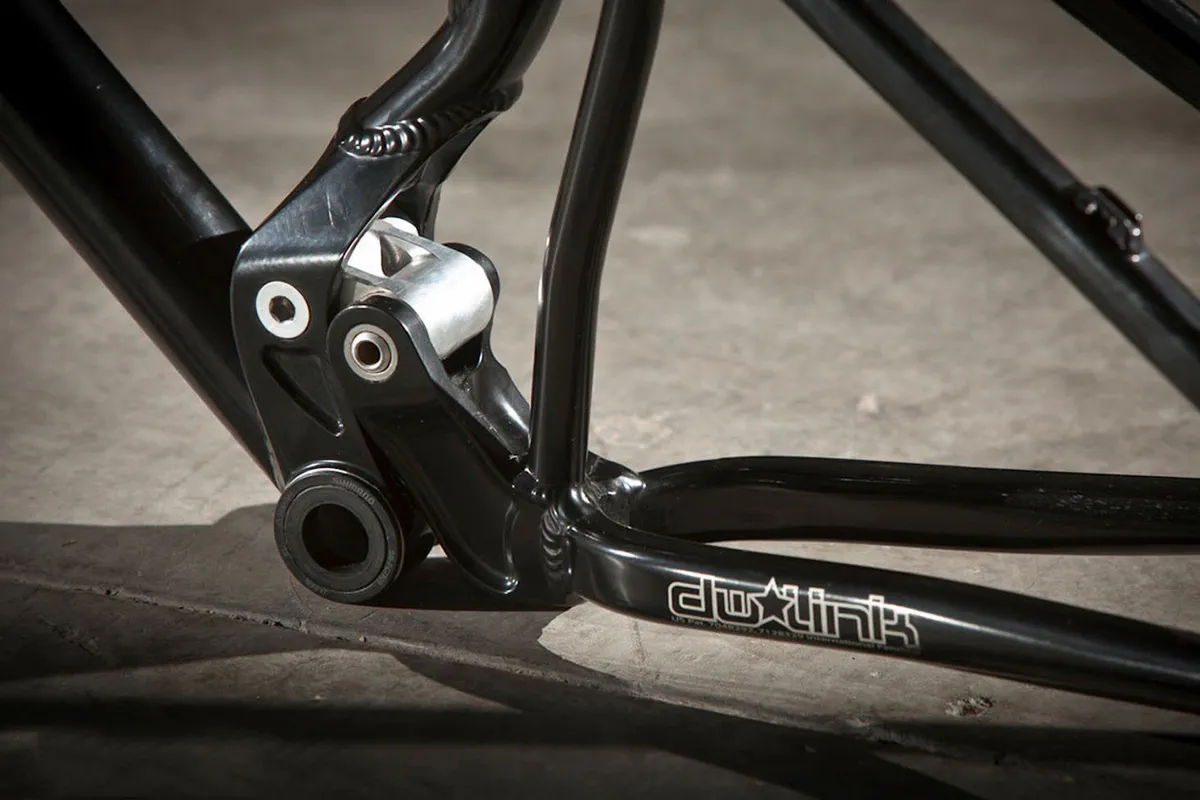
A self-confessed perfectionist, Chris oversees every aspect of any new Pivot Cycles bike. “I’m still the one who lays out the initial geometry, what shock we’re going to use, the leverage ratios, suspension platforms and everything,” he explains.
This level of care and detail means it can take as many as five prototypes before a bike is ready to go into production.
From conception to end product, Chris and his team work tirelessly to perfect the design so that the final bike serves a distinct purpose, be that enjoyment or performance.
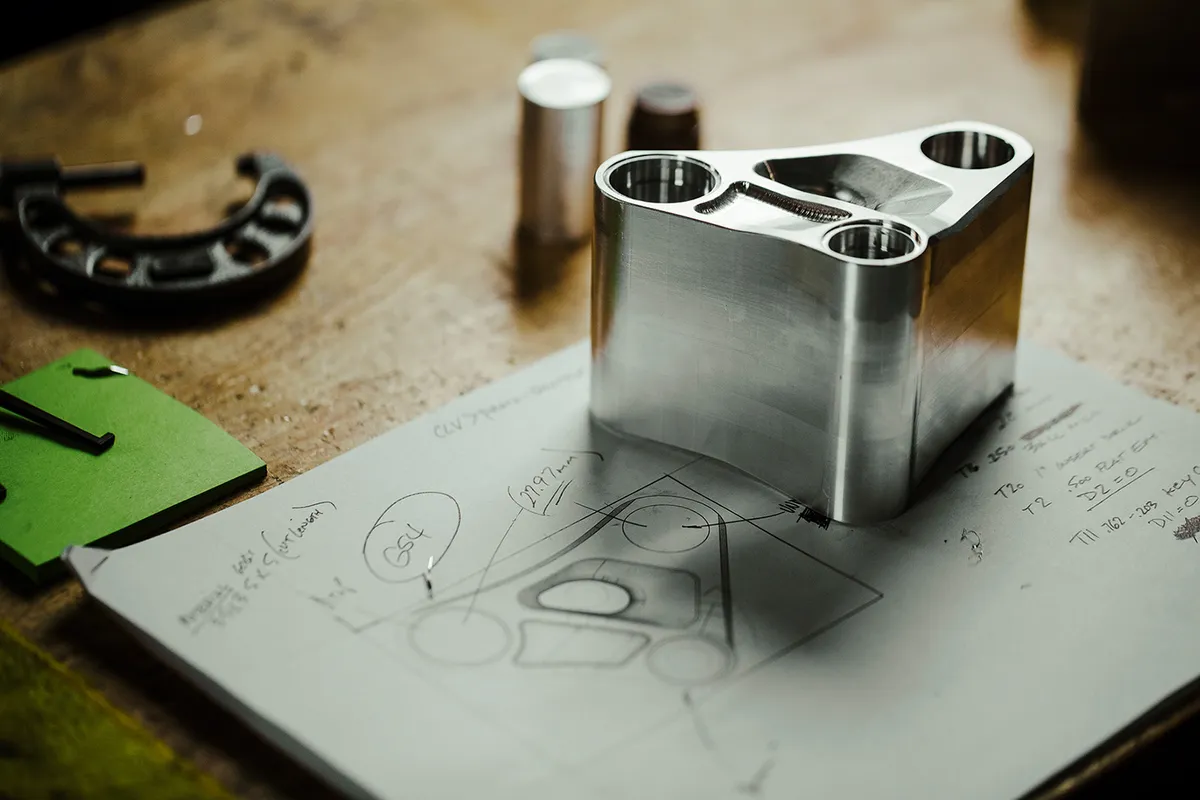
It’s important to Chris to constantly push the design of his bikes and to learn and develop new technologies by working with other innovators.
A case in point is the Shuttle SL e-MTB, which launched last summer. It took many years of collaboration with German brand Fazua before the team at Pivot Cycles had a motor that would work in the way Chris wanted it to and that would integrate well into his bike design.
The result is a lightweight ebike with clean lines, and a powerful and playful feel. Other brands Chris has worked with include Shimano and FSA, to improve BB standards for a sturdier and stiffer bike
The personal touch
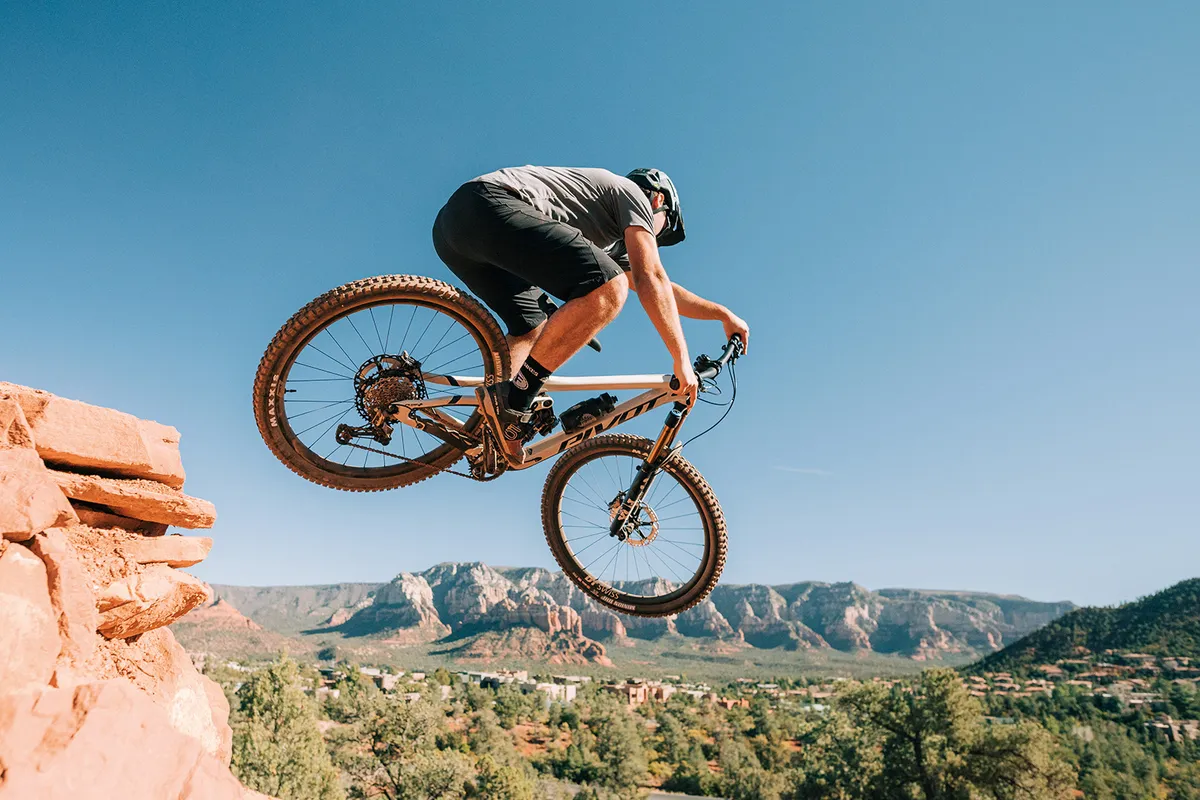
Ultimately, Chris says, he wants to make bikes that offer something special to the rider. He’d like to extend Pivot Cycles’ ebike range to include a more affordable option made from aluminium, and isn’t ruling out a move beyond mountain bikes, saying: “We just love cycling, so any two-wheeled products where we can do something unique, we aren’t afraid to pursue it.”
It’s not only bike design that’s close to Chris’ heart, though. “Watching the up-and-coming kids develop and being the future of our sport, that’s a big deal to us,” he explains.
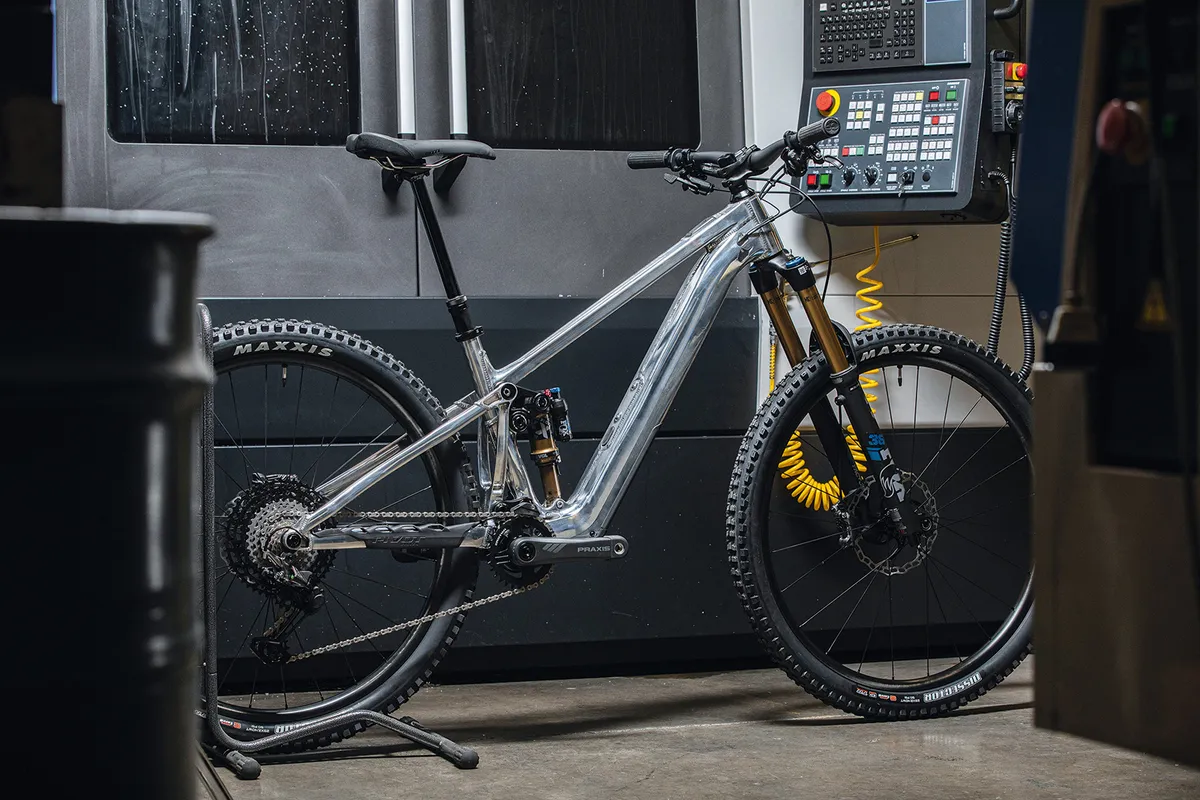
Pivot backs this up by providing financial support and bikes to high school mountain bike leagues in Utah and Arizona, offering a way into racing for underprivileged kids.
They also launched the Next Generation Programme in 2021, which supports young riders entering into the world of Elite racing. With Pivot’s factory team boasting riders of the calibre of Bernard Kerr, Emilie Siegenthaler and Ed Masters, the young racers can get support from guys who’ve been there, done that and are still doing it.
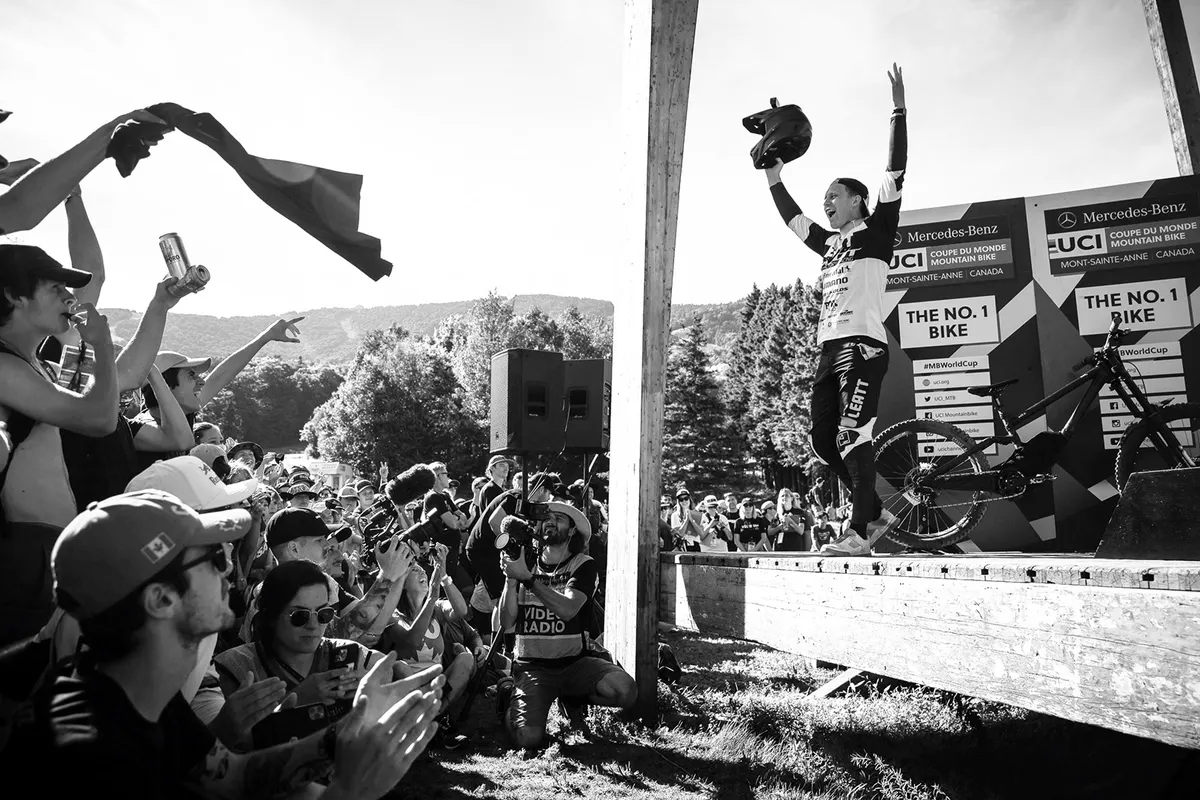
Chris is hoping to drive the sport forwards in any way he can.
While other US ‘boutique’ brands have had a big impact here in Britain, Chris recognises Pivot is yet to have “the same kind of foothold we’ve been able to establish in other places”.
That’s been one of the driving forces for the brand to team up with Saddleback, who handle UK distribution for premium brands such as Chris King, ENVE and Troy Lee Designs. It’s a natural fit, and one that Chris hopes will raise Pivot's profile here.
Risen from the ashes of Titus, the future looks bright for Pivot Cycles. Despite impressive growth, the brand seems to have kept its family feel, with Chris still involved in every aspect of the business and ever-present among his staff.
It’s clear he still has the same passion and desire to design bikes as he ever had, and his longstanding relationship with Bill, Kevin and Dave is a testament to the strength of the brand.
The partnership with Saddleback should bring more Pivot Cycles bikes to our shores, with Chris and the team’s passion shining through on every one of them.

